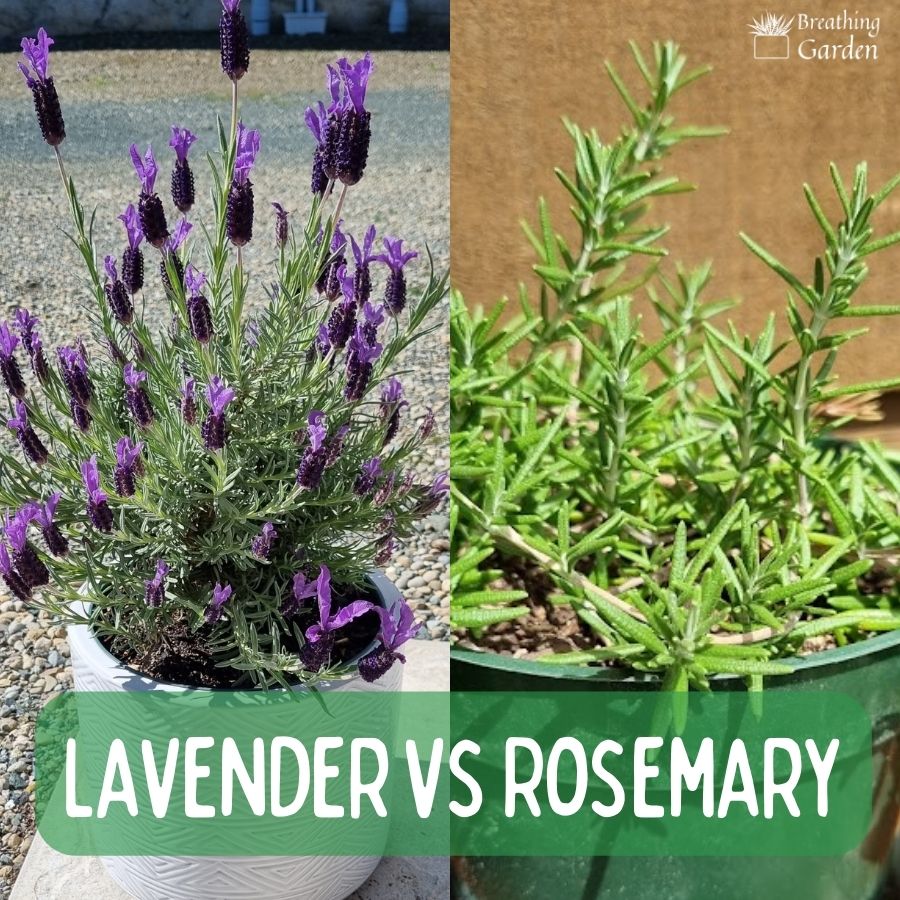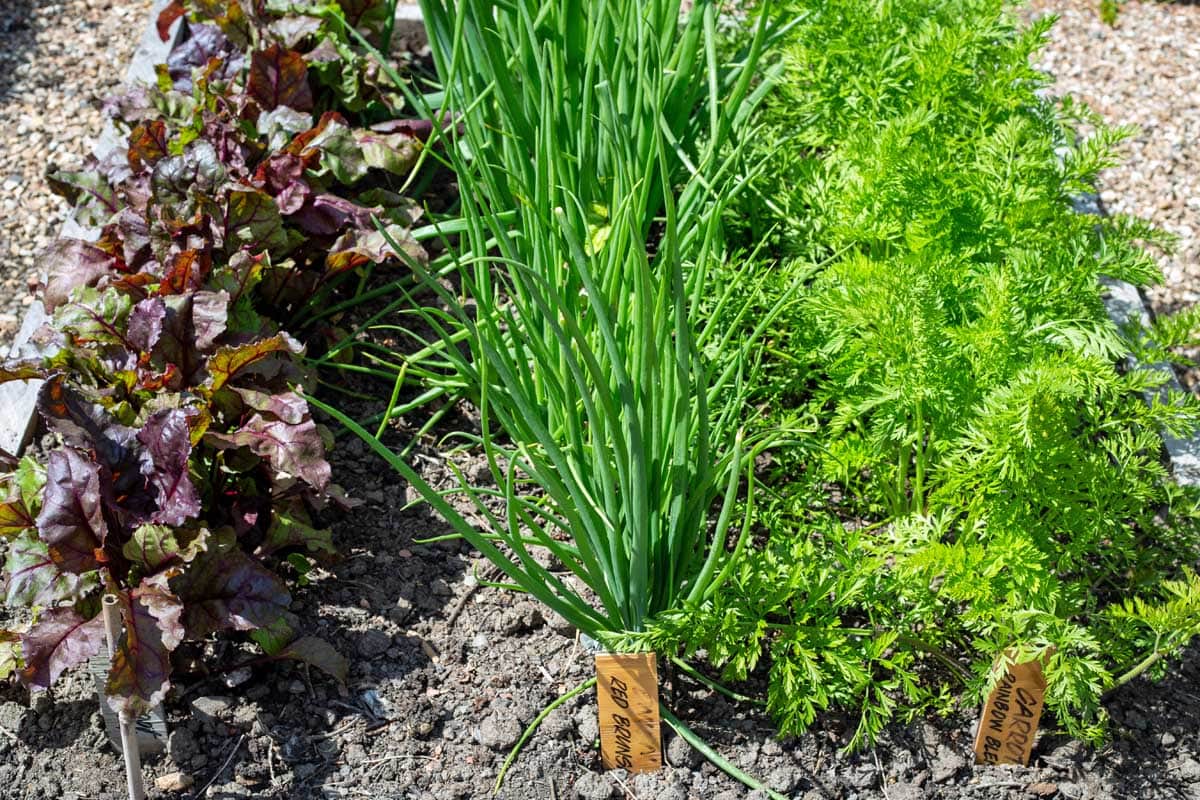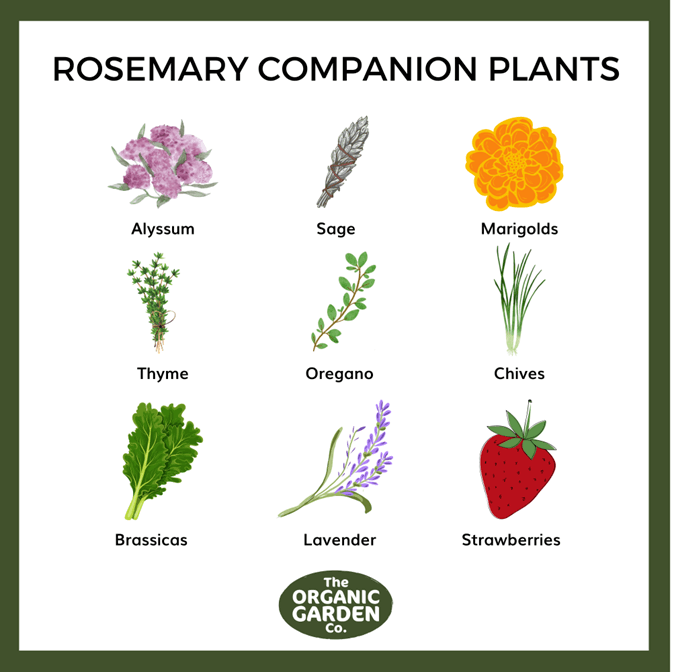Best Companion Plants For Rosemary
Title: The Best Companion Plants for Rosemary
Introduction:
Rosemary is a popular herb that is known for its strong, fragrant aroma. It is a versatile herb that can be used in cooking, as a garnish, or in aromatherapy. Rosemary is also a relatively easy plant to grow, but it can be susceptible to pests and diseases. One way to help protect rosemary plants is to plant them with companion plants. Companion planting is the practice of planting different types of plants together in order to benefit each other. Some plants can help to repel pests, while others can improve the soil quality or provide shade.
Main Content:
Here are some of the best companion plants for rosemary:
- Thyme: Thyme is another Mediterranean herb that has a similar growth habit and climate requirement as rosemary. It also has a strong, fragrant aroma that can help to repel pests. Thyme and rosemary can be planted together in the same pot or garden bed.

- Marigolds: Marigolds are known for their bright colors and daisy-like flowers. They also have insecticidal properties that can help to repel pests such as aphids, beetles, and nematodes. Marigolds can be planted around the base of rosemary plants to help protect them from pests.

- Lavender: Lavender is another fragrant herb that can help to repel pests. It also has calming properties that can help to reduce stress and anxiety. Lavender and rosemary can be planted together in a pot or garden bed to create a beautiful and relaxing display.

- Carrots: Carrots and rosemary have different soil requirements, but they can still benefit each other when planted together. Carrots help to loosen the soil around the rosemary roots, which allows the rosemary plant to better absorb water and nutrients. Rosemary, on the other hand, helps to deter carrot rust flies.

- Brassicas: Brassicas, such as cabbage, broccoli, and Brussels sprouts, are a good companion plant for rosemary because they have different pest and disease problems. The strong scent of rosemary can help to mask the scent of brassicas, making them less attractive to pests. Additionally, rosemary can help to improve the flavor of brassicas.

- Beans: Beans are nitrogen-fixing plants, which means they can help to improve the soil quality for rosemary. They also help to suppress weeds and improve drainage. Rosemary, on the other hand, can help to deter bean beetles.

Conclusion:
By planting rosemary with companion plants, you can help to protect it from pests, improve its growth, and enhance its flavor. When choosing companion plants for rosemary, it is important to consider their growth habits, climate requirements, and pest and disease problems. By matching the right plants together, you can create a thriving and productive garden.
Rosemary is a popular herb that can be grown in many different climates. It is a member of the mint family and has a strong, woody aroma. Rosemary is often used in cooking, but it can also be used as an ornamental plant.
When choosing companion plants for rosemary, it is important to consider the plant's growing conditions and its pest and disease resistance. Some good companion plants for rosemary include:
- Thyme: Thyme is another Mediterranean herb that has similar growing conditions to rosemary. It also has a strong aroma that can help to deter pests.
FAQ of companion plant with rosemary
- What are some good companion plants for rosemary?
Some of the best companion plants for rosemary include:
Lavender: Lavender and rosemary are both Mediterranean herbs that grow well in similar conditions. They also have a complementary aroma, making them a visually and aromatically pleasing combination.
Sage: Sage and rosemary have similar growing requirements and can help each other thrive. Sage can help to repel pests from rosemary, while rosemary can help to improve the flavor of sage.
Thyme: Thyme and rosemary are both hardy herbs that can tolerate hot, dry conditions. They also have a similar flavor profile, making them a good choice for cooking together.
Beans: Beans are nitrogen-fixing plants, which means they can help to improve the soil quality for rosemary. They also have a different growth habit than rosemary, so they will not compete for space.
Carrots: Carrots and rosemary can help to repel each other's pests. Rosemary's strong scent can help to deter carrot flies, while carrots can help to deter rosemary beetles.
What plants should I avoid planting near rosemary?
Some plants that should be avoided planting near rosemary include:
Basil: Basil and rosemary are two of the most popular herbs, but they do not make good companions. Basil can stunt the growth of rosemary, and rosemary can inhibit basil's flowering.
Mint: Mint is a vigorous grower that can quickly take over a garden. It is best to avoid planting mint near rosemary, as it could crowd out the rosemary and prevent it from thriving.
Tomatoes: Rosemary and tomatoes have different water needs. Rosemary prefers drier soil, while tomatoes need more moisture. Planting these two plants together can lead to root rot in the tomatoes.
Pumpkins: Pumpkins and rosemary have different growing requirements. Pumpkins need full sun and well-drained soil, while rosemary prefers partial shade and moist soil. Planting these two plants together can lead to the pumpkins not getting enough sun or the rosemary not getting enough water.
Cucumbers: Cucumbers and rosemary have different water needs. Cucumbers need more moisture than rosemary, and planting them together can lead to the cucumbers developing root rot.
What are the benefits of companion planting with rosemary?
There are several benefits to companion planting with rosemary, including:
- Attracting beneficial insects: The strong scent of rosemary can attract beneficial insects, such as ladybugs and hoverflies. These insects can help to control pests in your garden.
- Reducing pest pressure: The strong scent of rosemary can also help to deter pests, such as cabbage moths, carrot flies, and rosemary beetles.
- Improving soil quality: Some companion plants, such as beans and peas, are nitrogen-fixing plants. This means they can help to improve the soil quality for rosemary by adding nitrogen to the soil.
- Complementing each other's flavors: Some companion plants, such as sage and thyme, have a complementary flavor profile to rosemary. This means they can be used together in cooking to create delicious dishes.
Post a Comment for " Best Companion Plants For Rosemary"